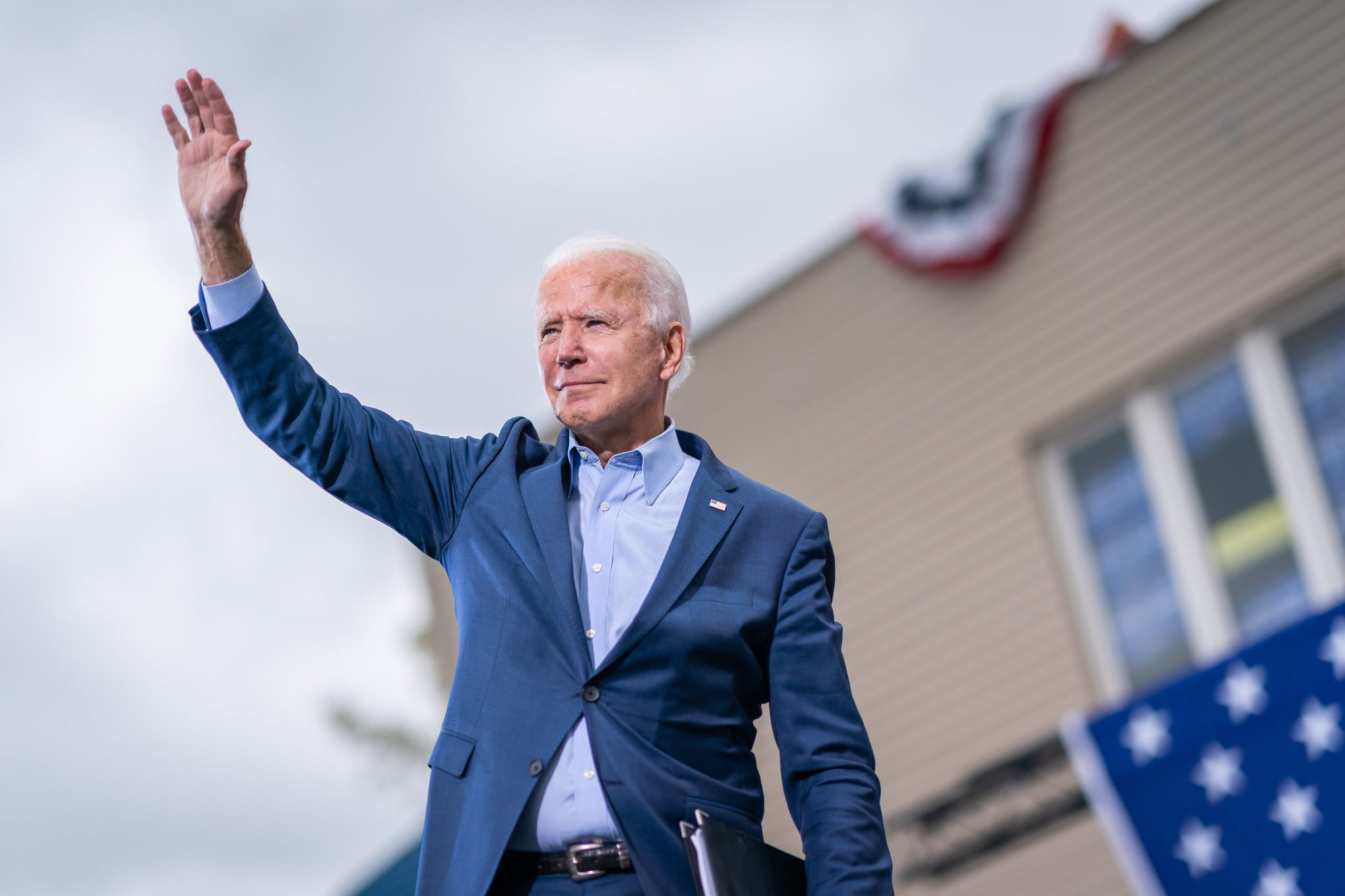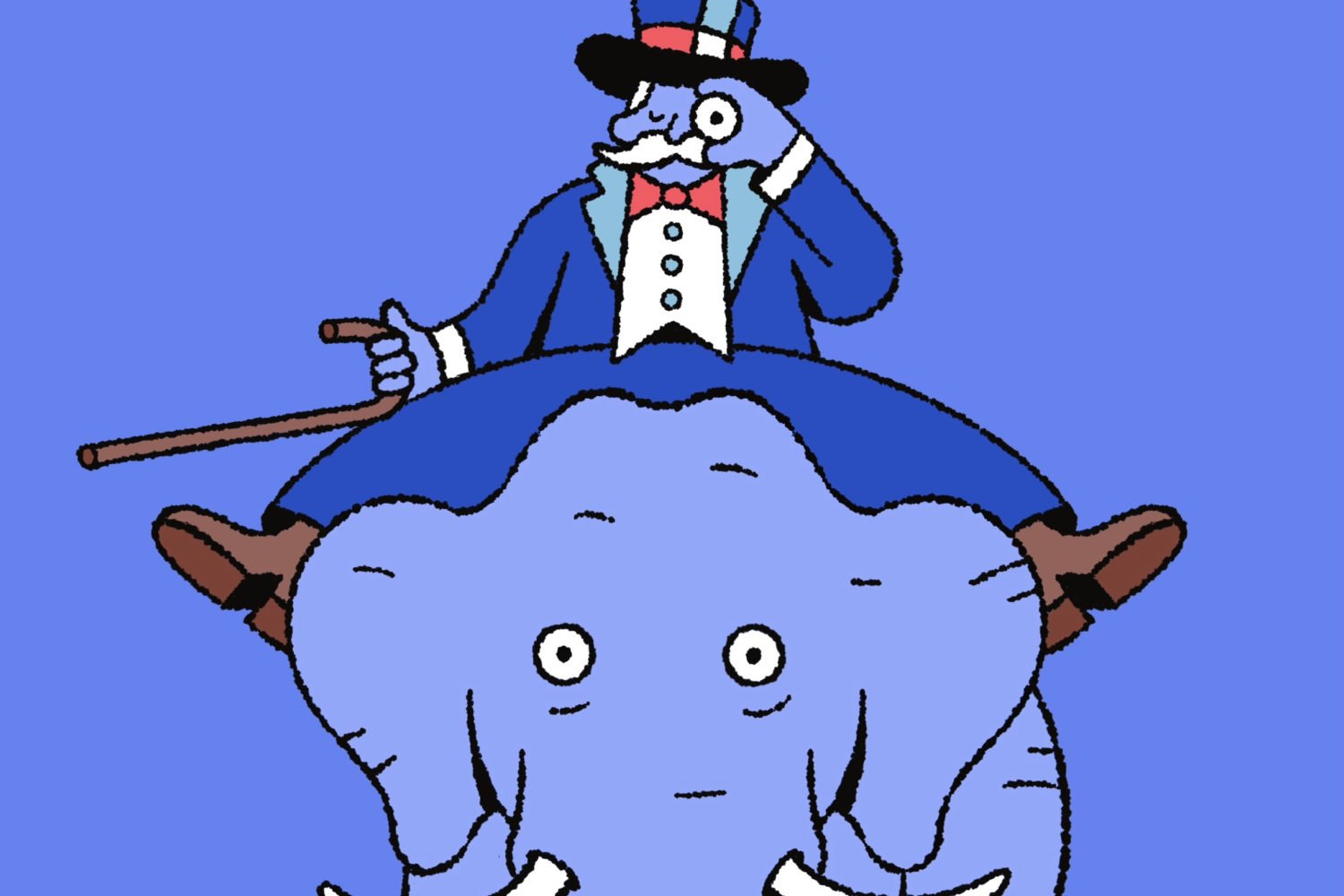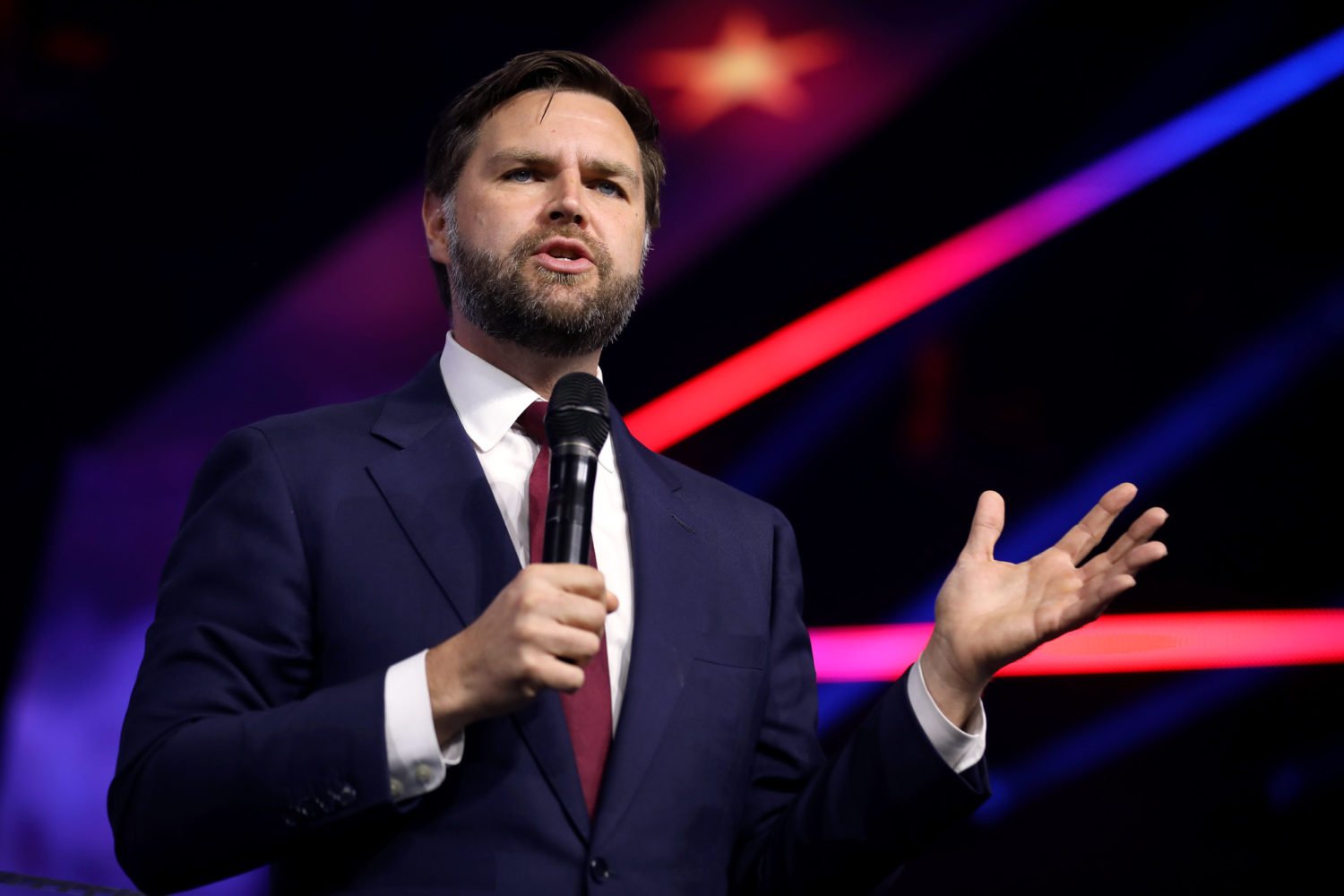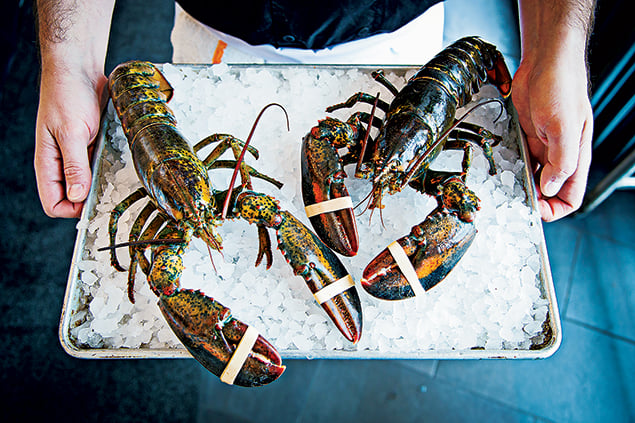Of the 45 chief executives in American history, Joe Biden may hold the distinction of being the most Washington ever.
He served 36 years in the Senate and eight years as Vice President. He chaired the Judiciary Committee that approved two of the current nine Supreme Court justices. Nearly half the current US senators took their first senatorial oaths of office from him. He has personal relationships that span the federal city’s power class—both allies (his nominees for Secretary of State, national-security adviser, and director of national intelligence all served with him in the Obama administration) and adversaries (Senate leader Mitch McConnell, who spent 24 years in the chamber with the future President, was the only Republican senator at the 2015 funeral of Biden’s son Beau).
Though the President-elect famously commuted home to Delaware and roots for Philadelphia teams, his 2020 campaign photos still included a vintage picture of a young Biden hugging his son, who was wearing the knit 1970s-era Washington football hat that many locals remember having once owned themselves. His last non-DC job was as a county councilman during the first Richard Nixon administration.
There have been previous Presidents, of course, who were creatures of the capital. Lyndon Johnson arrived as a Hill staffer in 1931 and entered the White House 32 years later. George H.W. Bush’s résumé included member of Congress, Republican Party chair, CIA director, and VP. In both cases, the years of attending the birthday parties and weddings and funerals and bar mitzvahs of the political class predicted only so much about their very different White House records. But the Washington-centric CV does hint at one aspect of the incoming administration’s culture—something tied to another Biden distinction: He’s the first President in decades, since at least the elder Bush, who isn’t likely to be anyone’s lifestyle icon.
As the first baby boomer President, Bill Clinton’s tastes fascinated the media. George W. Bush’s image-makers framed much of his presidency around his conservative Texan persona. Barack Obama was treated like a living avatar of diversity, youthfulness, and cool. And even as Donald Trump leaves in defeat, MAGA hats and Trump flags remain an emblem of identity for admirers and foes alike. By contrast, no one is especially eager to copy—let alone read broad cultural significance into—Biden’s music playlists, fashion choices, or favorite new authors.
For Washington, this is mostly a good thing. In a city that prides itself on its no-longer-just-a-sleepy-government-town vitality, it’s always been a bit awkward to act as if the winner of 270 electoral votes has the power to determine our cool factor. More important, in DC and well beyond, it signals a chance to turn down the temperature in the tribal wars of politics. No one is going to be chased out of a restaurant for wearing a Biden hat. In part, that’s because it’s unlikely anyone will be wearing a Biden hat. It was built into the candidate’s pitch: Vote for him and you’ll get a President you rarely have to think about. No Twitter outbursts, no abrupt firings of tabloid-caliber hangers-on, no impeachments, no coups, no drama over whether POTUS will go to his successor’s inauguration, no agonizing about whether a red cap will mark you as having taken sides in some national culture war.
So what will there be, then? Biden’s early appointees, though vastly more diverse than his predecessor’s, tend to share long professional résumés, mostly of the Washington variety. They’ve worked in government and take the work seriously—something that will probably relieve those locals, right as well as left, who have built their careers around politics and policy, and who understand the bureaucratic systems that underpin them.
But in a sense, that’s also the big risk of the new government. For four years, Washington establishmentarians of both parties have pronounced themselves aghast by the amateur-hour governance of a man with no public-service experience. Now the credentialed public servants have the wheel. They’re taking over a country whose population is not necessarily sold on the virtue of experience in government, and they face opposition legislators who are often actively hostile to it. Oh, and they’ve been handed an unprecedented, knee-buckling array of crises. The style may be intentionally boring, but the challenges are not. And the way our city works is going to be riding on how well they do. Let’s hope boring can get the job done.
This article appears in the January 2021 issue of Washingtonian.







